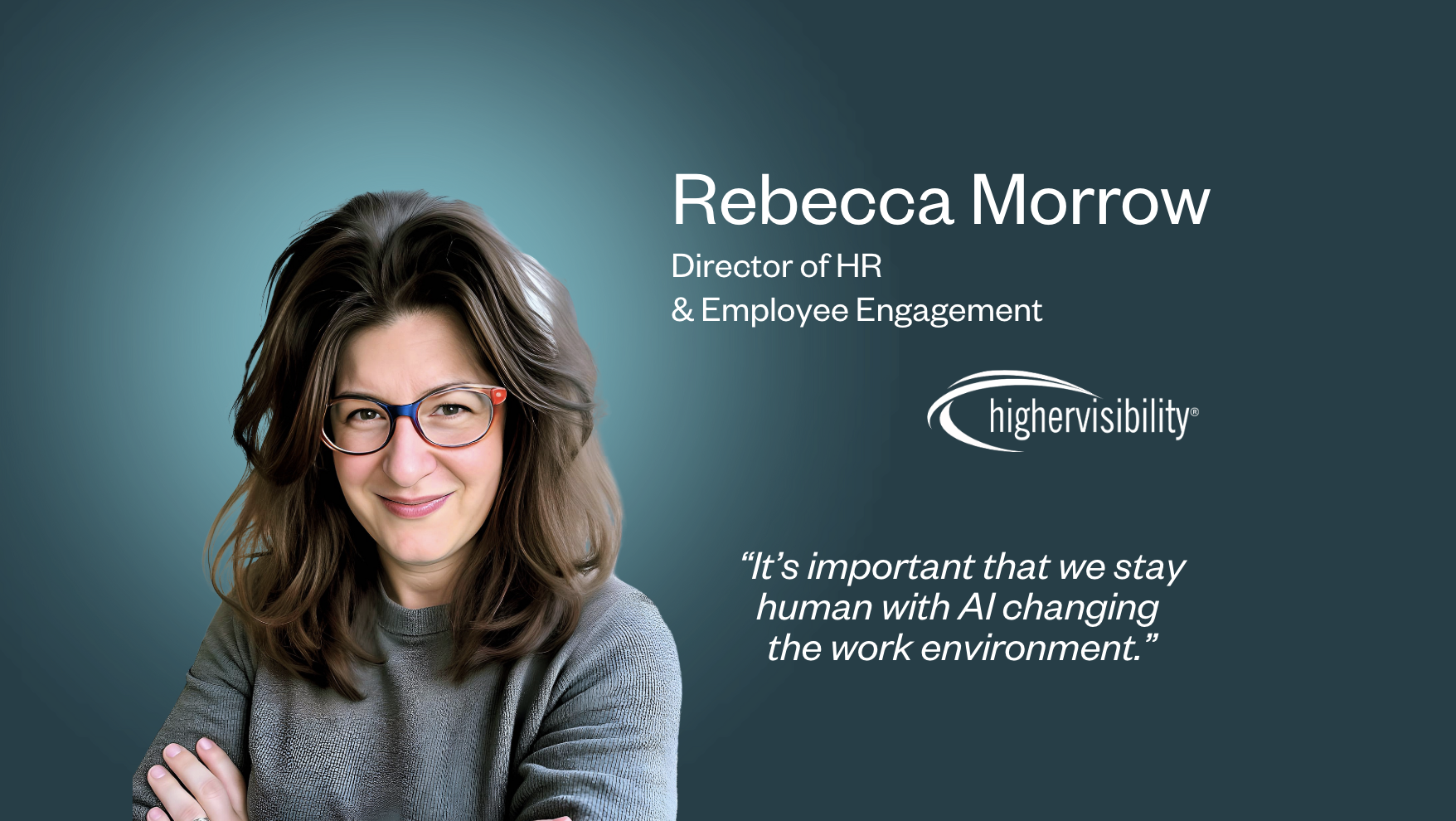How can you enhance engagement and retain talent when these are two of the biggest challenges facing businesses today? In a competitive market, it is more important than ever to create a workplace where employees feel valued, supported, and challenged.
Digital coaching is the most valuable tool for enhancing employee engagement and retention. By providing employees with access to personalized coaching, businesses help them to develop their skills, achieve their career goals, and find more meaning in their work. And satisfied and supported employees stay with you long-term, with 94% staying in companies that invest in their futures.
How can digital coaching enhance engagement and retain talent?
- Improved performance and productivity. Coaching helps employees identify and address their challenges, develop new skills, and set and achieve goals. This leads to improved performance and productivity, as well as a greater sense of accomplishment.
- Increased job satisfaction. When employees feel like they are developing and progressing in their careers, they are more likely to be satisfied with their jobs. Coaching helps employees identify their career goals and develop a plan to achieve them.
- Stronger relationships with managers. Coaching empowers employees to have more open and honest conversations with their managers. This leads to stronger relationships and a more supportive work environment.
- Reduced stress and burnout. Coaching helps employees manage their stress and workload more effectively, lowering risk of burnout, and creating a more positive employee experience.
How to implement digital coaching in your organization
If you are considering implementing a digital coaching program in your organization, here are a few things to keep in mind:
- Choose a coaching platform that is easy to use and accessible to all employees, like Sama.
- Provide employees with a variety of coaching options. This should include video coaching sessions, instant messaging, and access to coaching resources.
- Make coaching part of your overall employee development strategy.
- Provide training to managers on how to support and encourage their employees to participate in coaching.
- Monitor and evaluate your coaching program to ensure that it is meeting your goals.
- Ensure senior leaders are bought in and the company understands why you’re introducing coaching, and how it will benefit them.
Top tips for building coaching culture:
- Make coaching mandatory for all new hires, at all levels of the business. This sets the tone for a culture of learning and development.
- Offer coaching to all employees, from individual contributors to senior executives.
- Recognize and reward employees who participate in coaching. This will encourage participation and promote the value of coaching throughout the organization.








